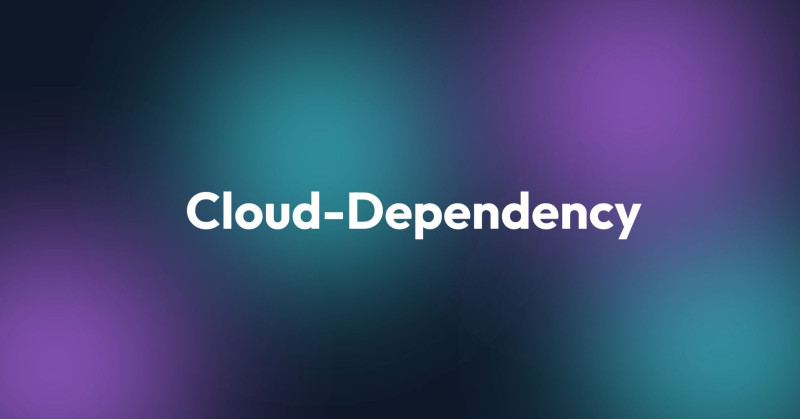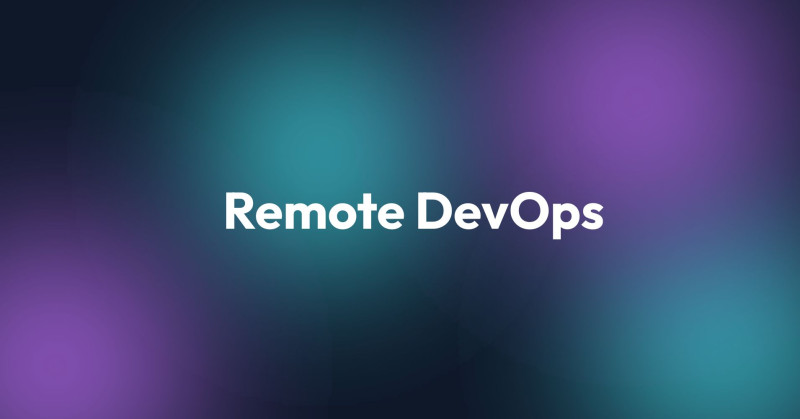What is a Workation?
A workation is a term that combines work and vacation, referring to the practice of merging work and leisure activities to provide employees with the opportunity to unwind while maintaining productivity. Essentially, it involves working while on vacation. The concept gained popularity as remote work became more prevalent during the COVID-19 pandemic. Simple right? Chances are, that even if you don’t know what this terms mean, you’ve yourself went on a workation at some point in your life.

Well as easy as it may sound, workation comes with some drawbacks that are important to consider.
With the rise of remote work and the desire for more work-life balance, many people are turning to workation as a way to enjoy a change of scenery while still staying productive (and making money at the same time). But what are the psychological implications of workation and is it really “the best of both worlds”?
What are the benefits of a workation?
One of the most significant benefits of workation is the potential for increased productivity. You’re probably thinking that I’m wrong but let me explain - being in a new environment can stimulate creativity and motivation, leading to better work performance. According to research, exposure to new environments can trigger the brain's reward system, leading to increased dopamine levels and improved cognitive function (Cohen & Bailey, 2017). Additionally, taking a break from the routine of the office can reduce stress and increase overall well-being.
Studies have shown that exposure to nature and relaxation can have positive effects on mental health, leading to improved mood and cognitive function. Obviously sitting below a palm tree, in a straw hat, drinking water straight from a coconut while “being” at work sounds amazing… Just imagine the sound of water slashing in the background of your slack notifications - sounds like heaven doesn’t it?
Workation can also provide a sense of autonomy and control over one's work and personal life. You choose where and when to work, individuals may feel a greater sense of control over their schedules, leading to increased job satisfaction. This is good not just for you but also for your boss (the employer). As long as you complete your daily tasks you can enjoy the pleasures of your holiday destination.
Last but not least you are traveling and exploring new destinations!
Benefits of workation:
- Increased productivity,
- Reduced stress,
- Improved cognitive functions,
- Sense of autonomy and control over one’s work and personal life,
- Seeing new places :)

What are the drawbacks of workation
One of the most significant issues with workation is the potential for blurred boundaries between work and personal life. When work and vacation are mixed, it can be challenging to set boundaries and disconnect from work. This can lead to burnout and decreased productivity, as individuals may feel like they are always "on" and never fully able to relax. You might be sat in the paradise but your sense of responsibility makes you glued to the screen and simply unable to enjoy daily life. There has actually been a research proving that employees who work remotely tend to work longer hours and report higher levels of stress and exhaustion than those who work in a traditional office setting (Bolin et al., 2019).
Speaking of drawbacks, I want to point out another argument. Let’s imagine you took your workation to Hawaii. The temptation of being in a new place, exotic nature, easy-going lifestyle might overwhelm you so much you won’t be able to focus on your work at all. You can feel frustrated with your daily tasks and abandon work responsibilities to enjoy your holidays.
Based on the disadvantages listed above you can see that the way you work will strongly depend on your sense of responsibility and individual traits. If you’re planning to take a workation make sure to set up a plan of your work, stay consistent and enjoy the little pleasures of the new place. Most importantly, remember that you're not going on holidays... You are simply changing the location of your office desk.
How to take a workation?
Start with choosing the location and making sure you’ll have a stable internet connection at all times (yes, sending an email to your hotel is perfectly fine, you need to make sure you’re set for your working hours).
Next step would be to speak to your boss about the possibility of your work-vacation trip and presenting them with convincing arguments why it would benefit both sides (you can use my arguments from above ;) ). Companies such as Primotly are open to the possibility of workation and fully remote work opportunities. Primotly also gives flexible working hours to its employees which means you could go snorkeling between your meetings and catch up with work in the afternoon.
Why did I decide to write about this subject?
Well, I believe it’s important to explain the idea of workation and to expose its not-so-positive aspects. Being aware of the drawbacks and challenges can prepare you for overcoming the struggles during your work holidays.
References and recommendations:
- Cohen, D. A., & Bailey, A. H. (2017). What makes a workation work? The effects of length, location, and social interaction on subjective well-being. Journal of Business and Psychology, 32(5), 511-525.
- Bolin, J., Hägg, G. M., & Kjellberg, A. (2019). Working conditions, health and productivity among employees who work partially or predominantly from home. International Journal of Environmental Research and Public Health, 16(19), 3660.





















